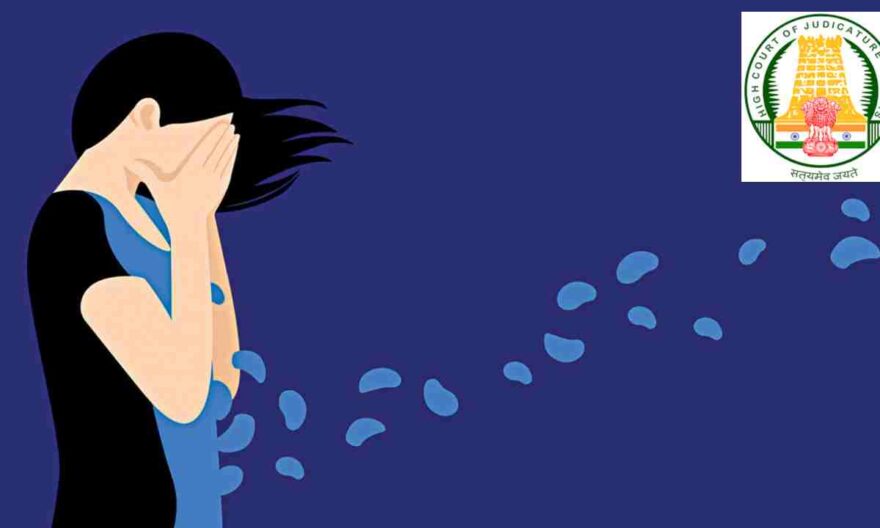
The Madras High Court has recently held that when a woman initiates litigation to vindicate her rights, it can never be considered as mental cruelty to the husband.
Justice R Vijaykumar, presiding at the Madurai bench of the Madras High Court, set aside a divorce decree granted by a lower court on the grounds of mental cruelty. The court emphasized that when a woman files a case seeking child custody or asserting property rights, it is solely for the vindication of her rights and not to intentionally harass her estranged husband.
The Court stated, “This Court is of the considered opinion that the divorce petition lacks pleadings with regard to the mental cruelty, desertion and the deposition of the husband relating to the said allegation do not support the case of the husband. The litigation initiated by the wife is only to protect her property rights and her custody of her son. When the initiation of such proceedings is for the vindication of her rights, the said proceedings can never be considered to be a ground for mental cruelty.”
The court expressed its view that the divorce petition lacked allegations of mental cruelty and desertion, and the husband’s deposition didn’t support his claims.
It further noted that the wife’s litigation was aimed at safeguarding her property rights and child custody.
Initiating such proceedings for the vindication of rights cannot be considered a ground for mental cruelty.
The woman challenged this order before the High Court.
The case stemmed from an appeal filed by a woman challenging a lower court’s decision that favored her estranged husband’s plea in a divorce petition. The lower court had held that the wife’s repeated filing of petitions amounted to harassment, even though there was no specific instance of cruelty.
The High Court observed that the husband left the matrimonial home and remarried without obtaining a divorce. It highlighted that the core of the dispute revolved around the couple’s son’s custody and the conflict over ownership of their residence.
Justice Vijaykumar also remarked that the husband’s allegations of adultery against the wife remained unsubstantiated.
Consequently, the High Court ruled that the first appellate court erred in concluding that the wife’s attitude was to harass her estranged husband through her petitions.
The finding lacked legal merit and a basis, leading the High Court to allow the wife’s second appeal.




